
☰
.JPG)
1447H/2025
With the Khushi and Dua Mubarak of Aqa Moula (T.U.S.) and under the guidance and leadership of Janab Qutubkhan Abbasi,...
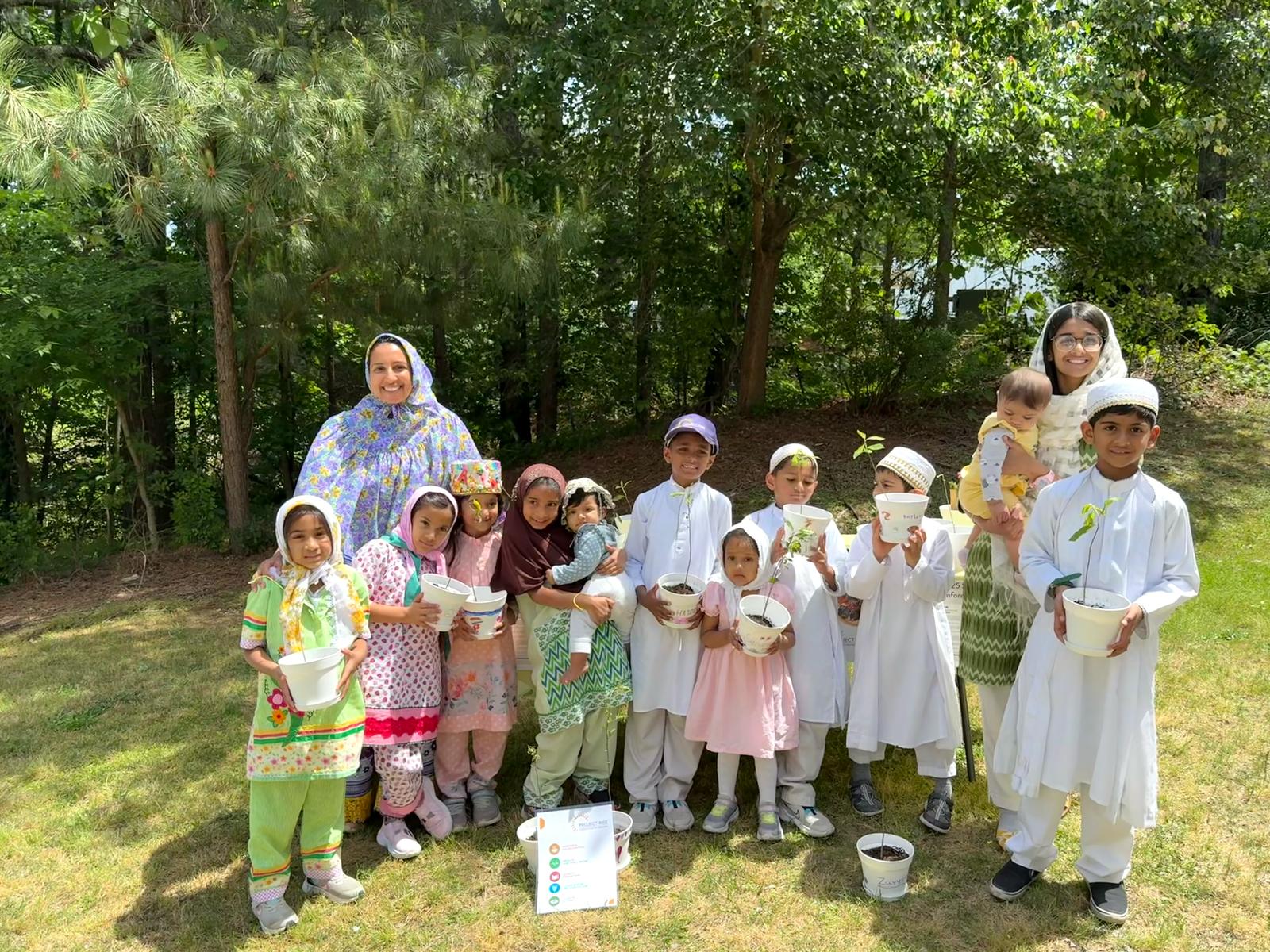
1446H / 2025
On Earth Day 2025, our Raleigh community came together to honor the planet with action, compassion, and purpose....
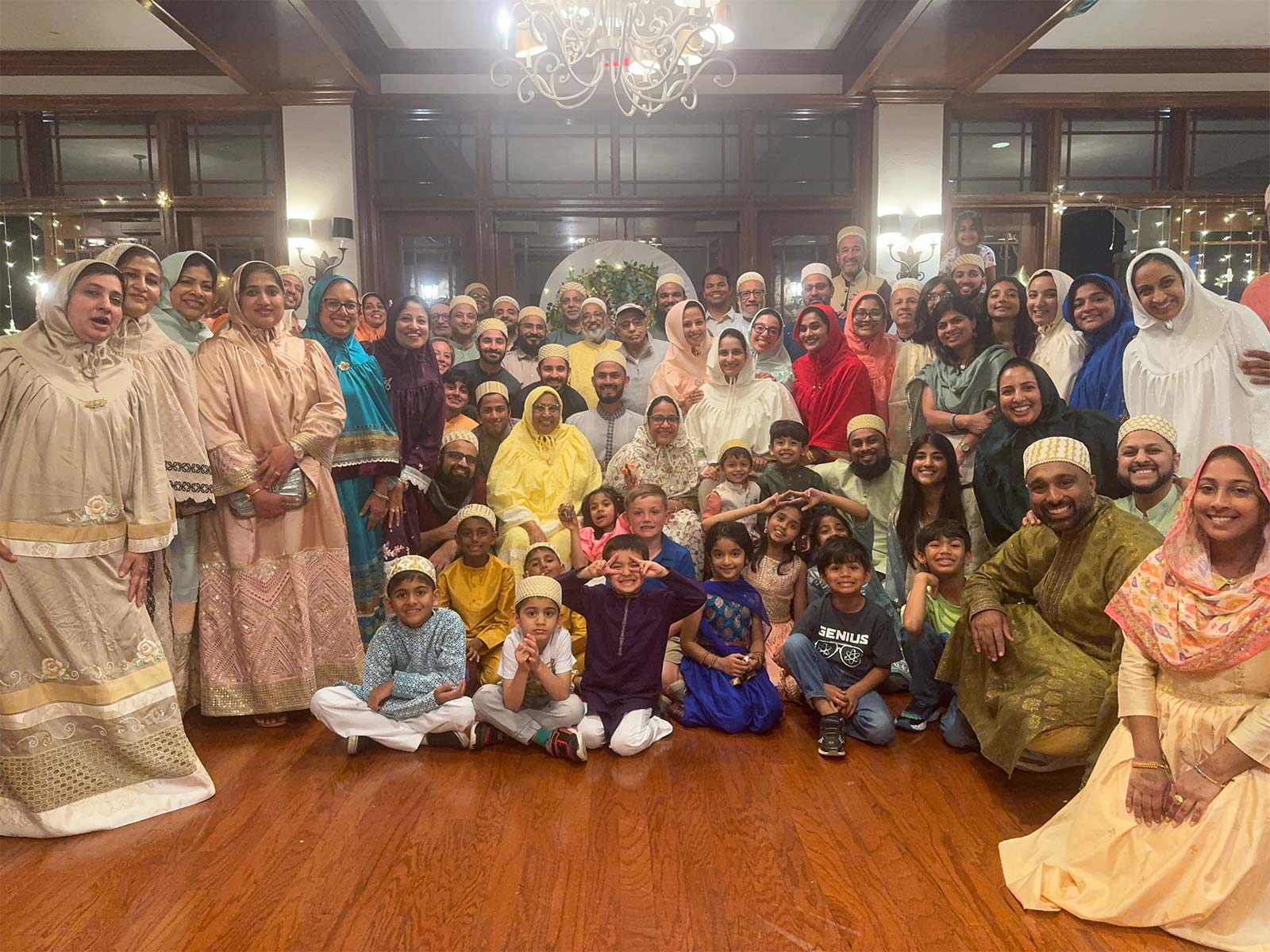
1446H / 2025
Eid ul-Fitr is a cherished occasion for Muslims around the world — a time to celebrate the end...
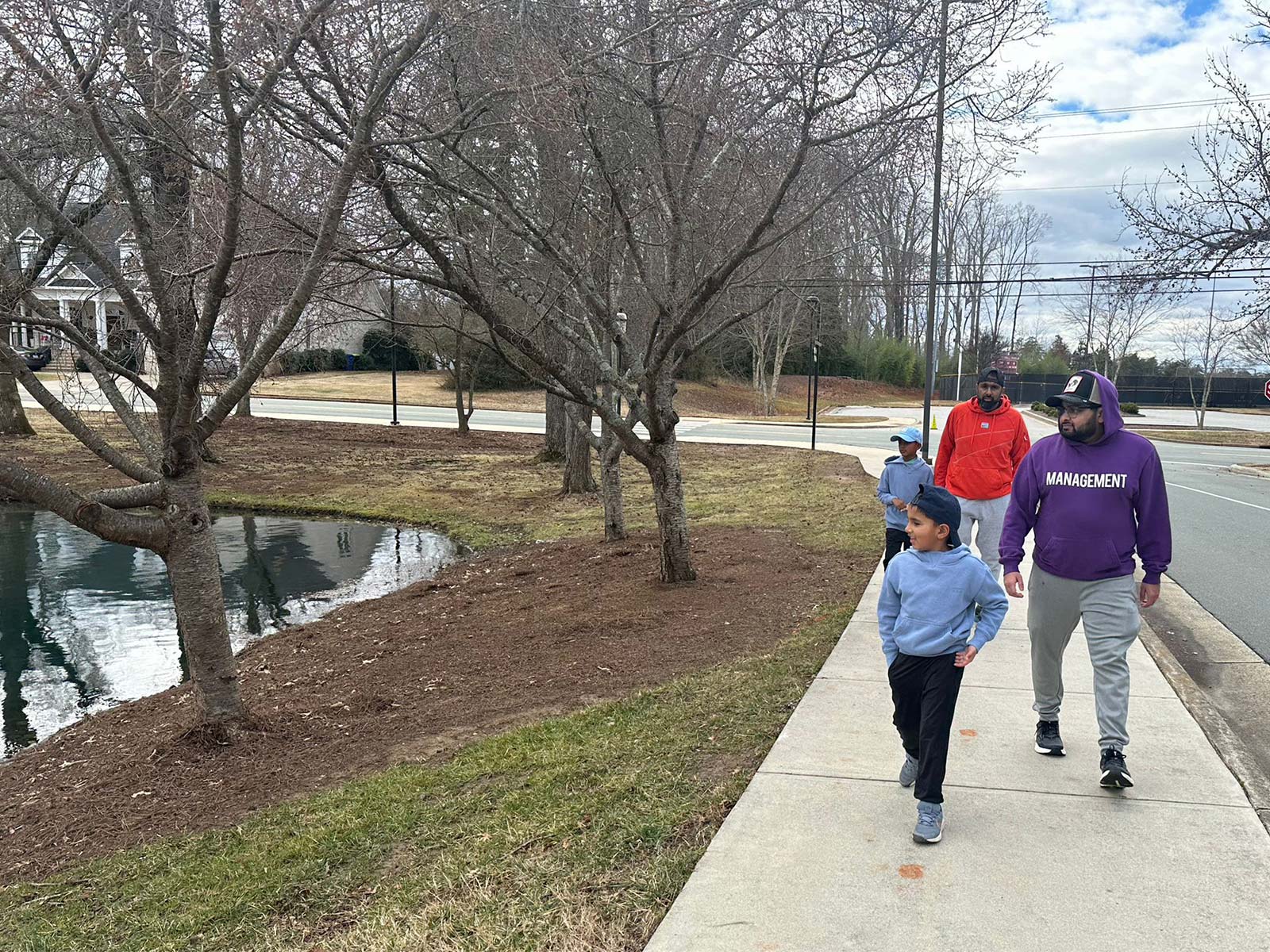
1446H / 2024
From February 1st to 10th, 2025, our community came together for the 4th Annual Step Challenge, inspired by...
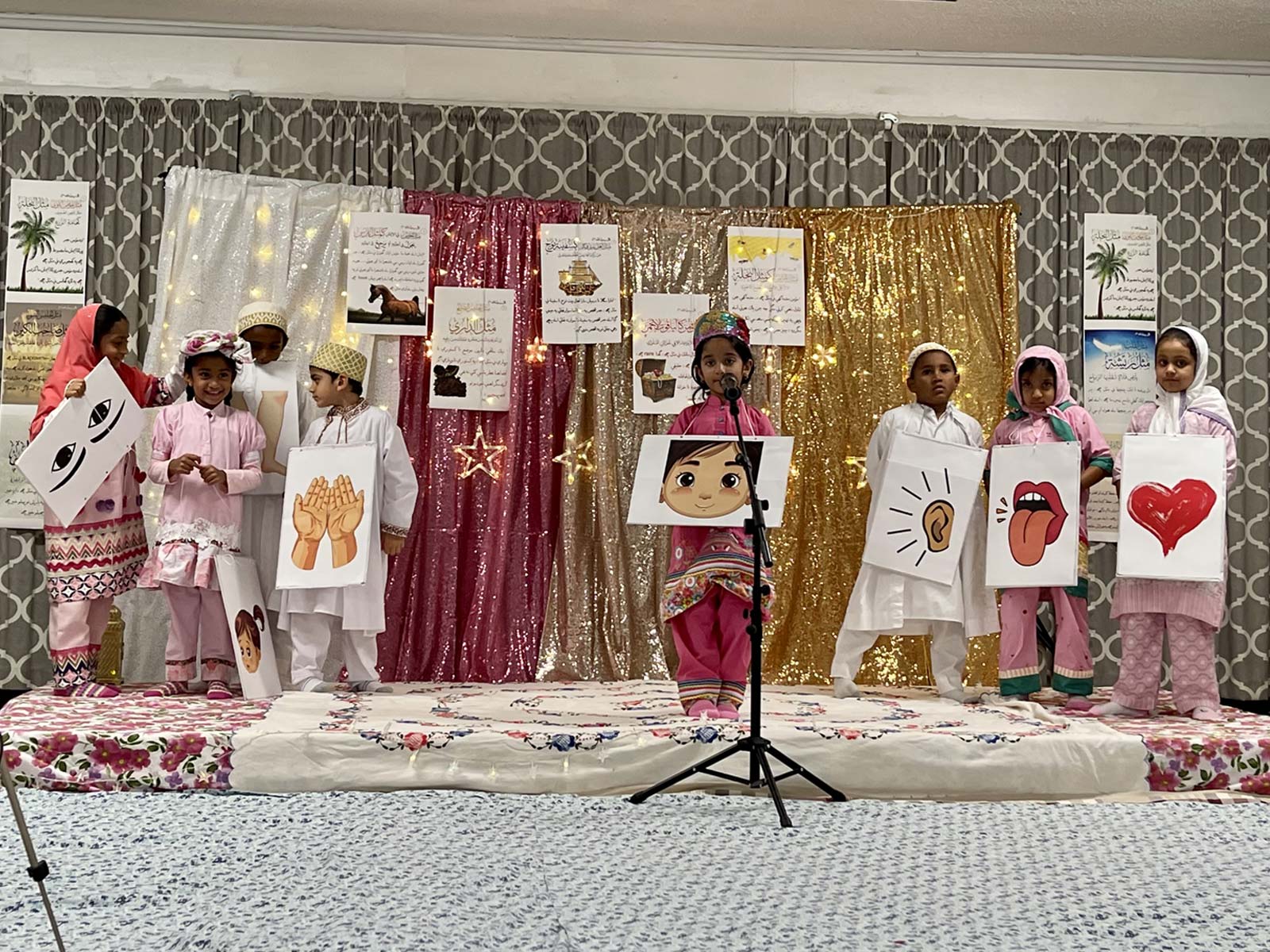
1446H/ 2024
Our 2nd Annual Madrasa Program was centered around two enriching themes – Fannul Khitabat and Body Parts. Each farzand...
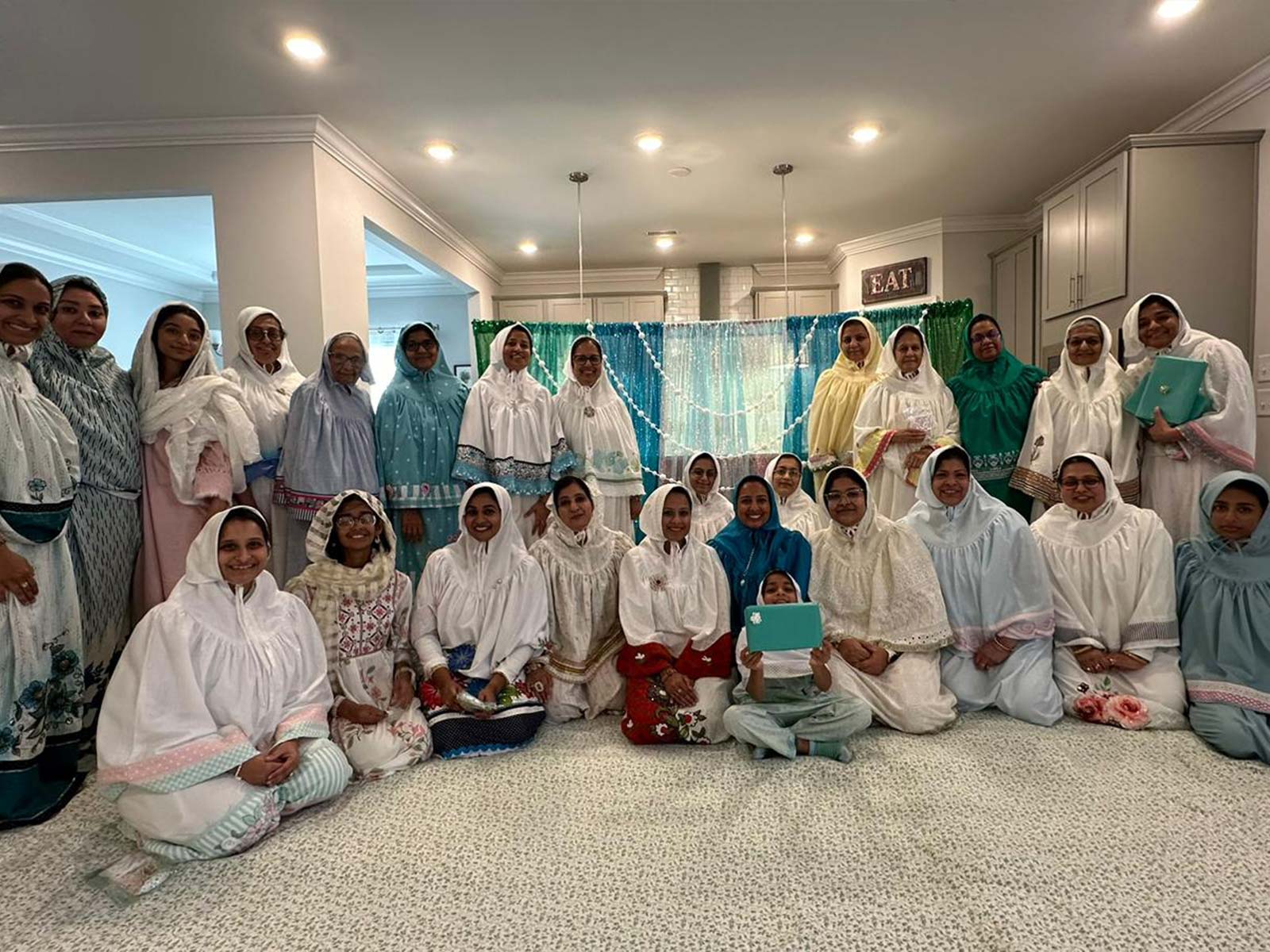
1446H / 2024
Our 3rd International Women’s Day celebration organised by Bunaiyyat Women’s organization was centered around the elegant and meaningful...
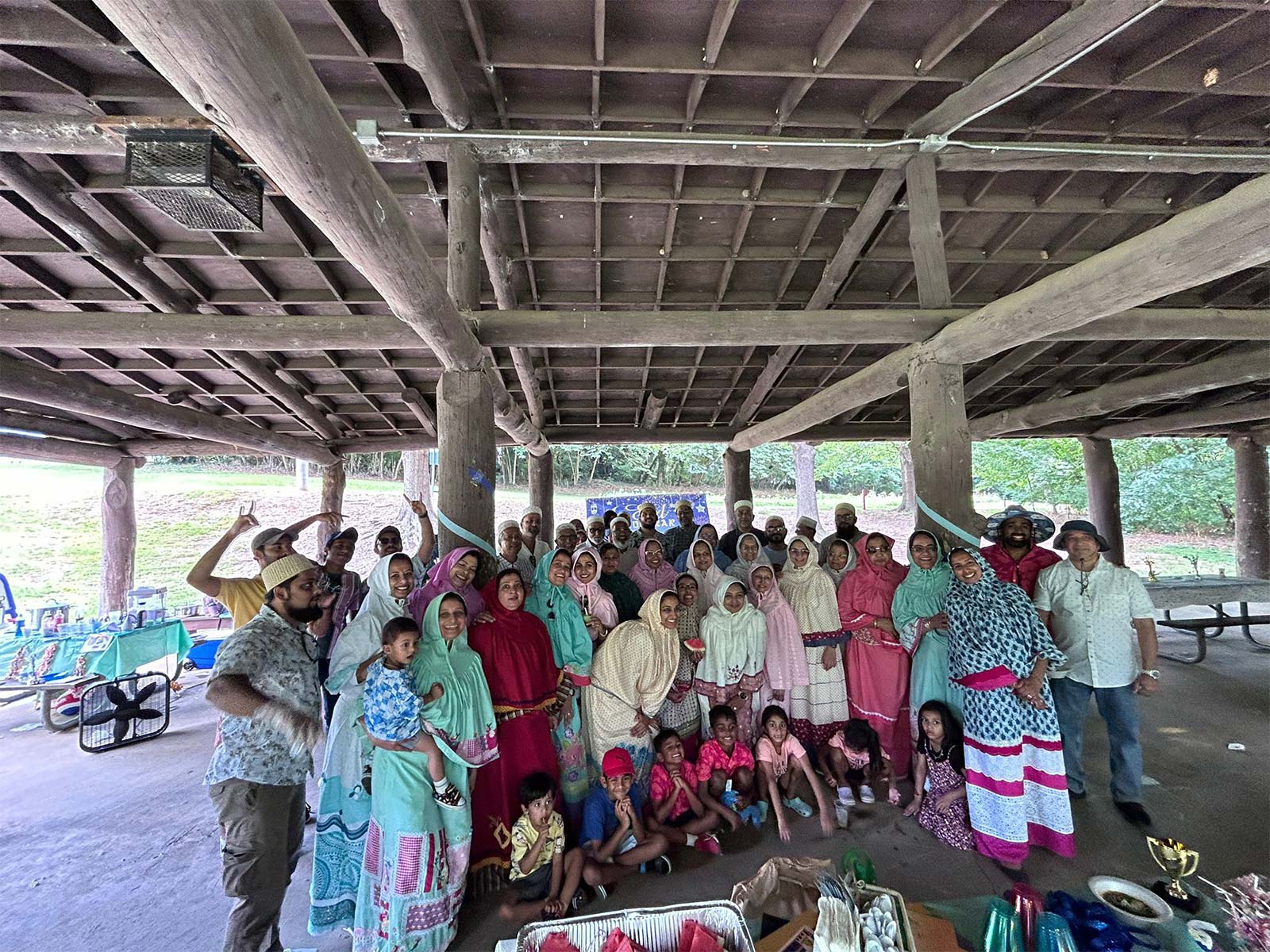
1445H/ 2024
On Eid ul-Adha 1445 and Father’s Day, June 16, our Raleigh Jamaat came together for a memorable Eid Mela,...
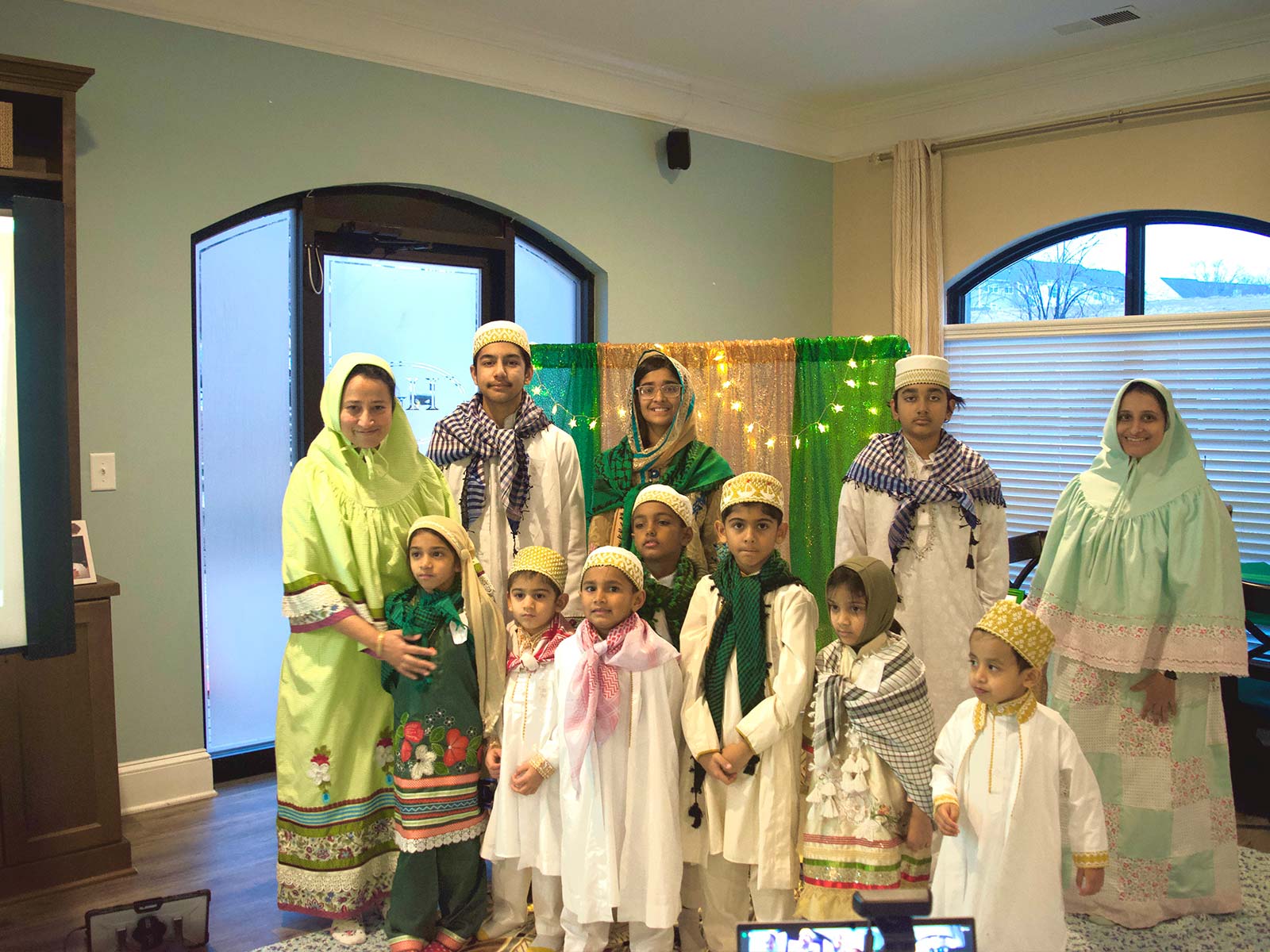
1445H/ 2024
We held our 1st Annual Madrasa Program with great excitement and participation. All farzando recited Qur’an-e-Majeed in different beautiful...
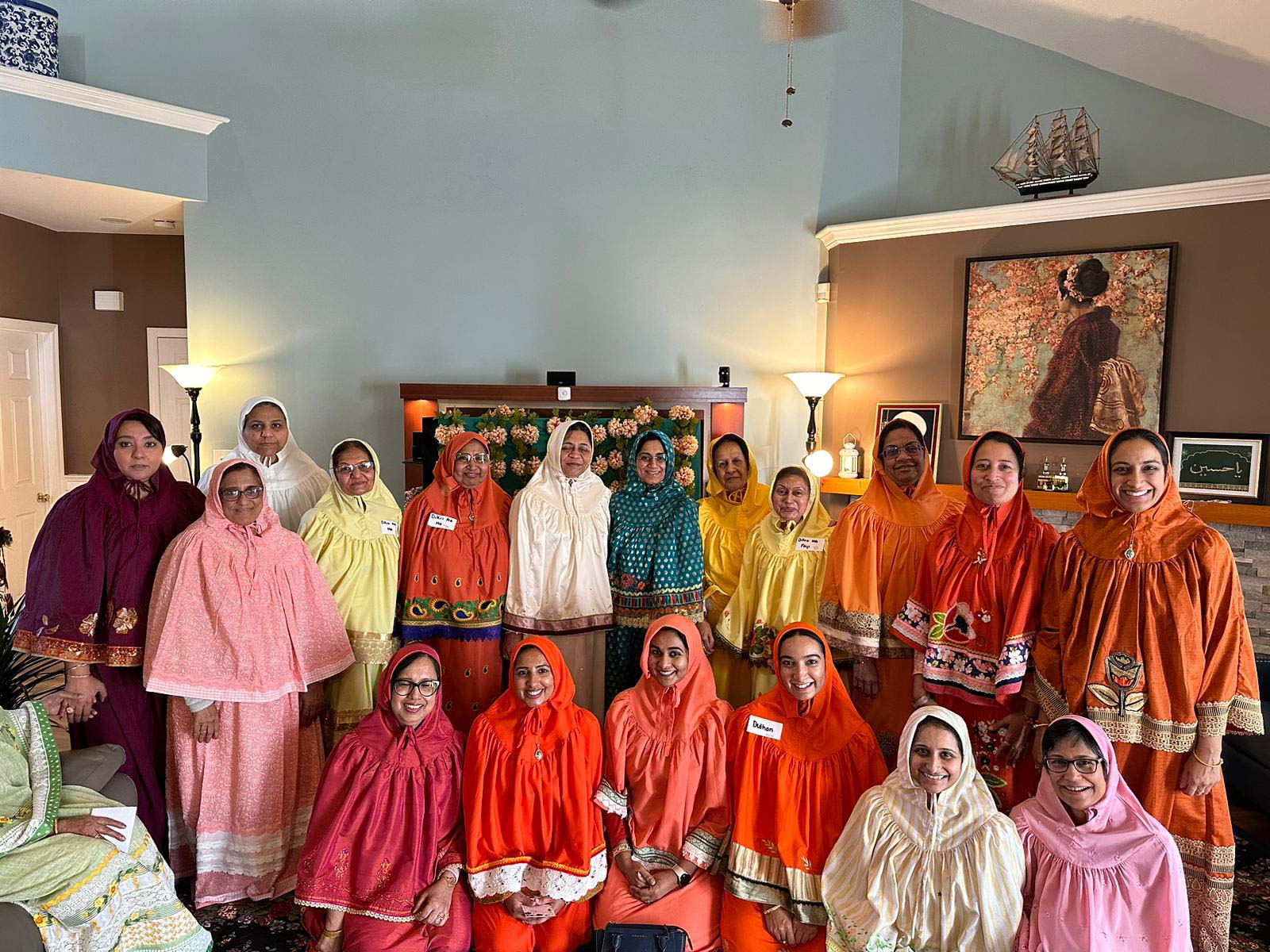
1445H / 2023
Our 2nd International Women’s Day celebration organised by Bunaiyyat Women’s organization was beautifully themed around the warm and...
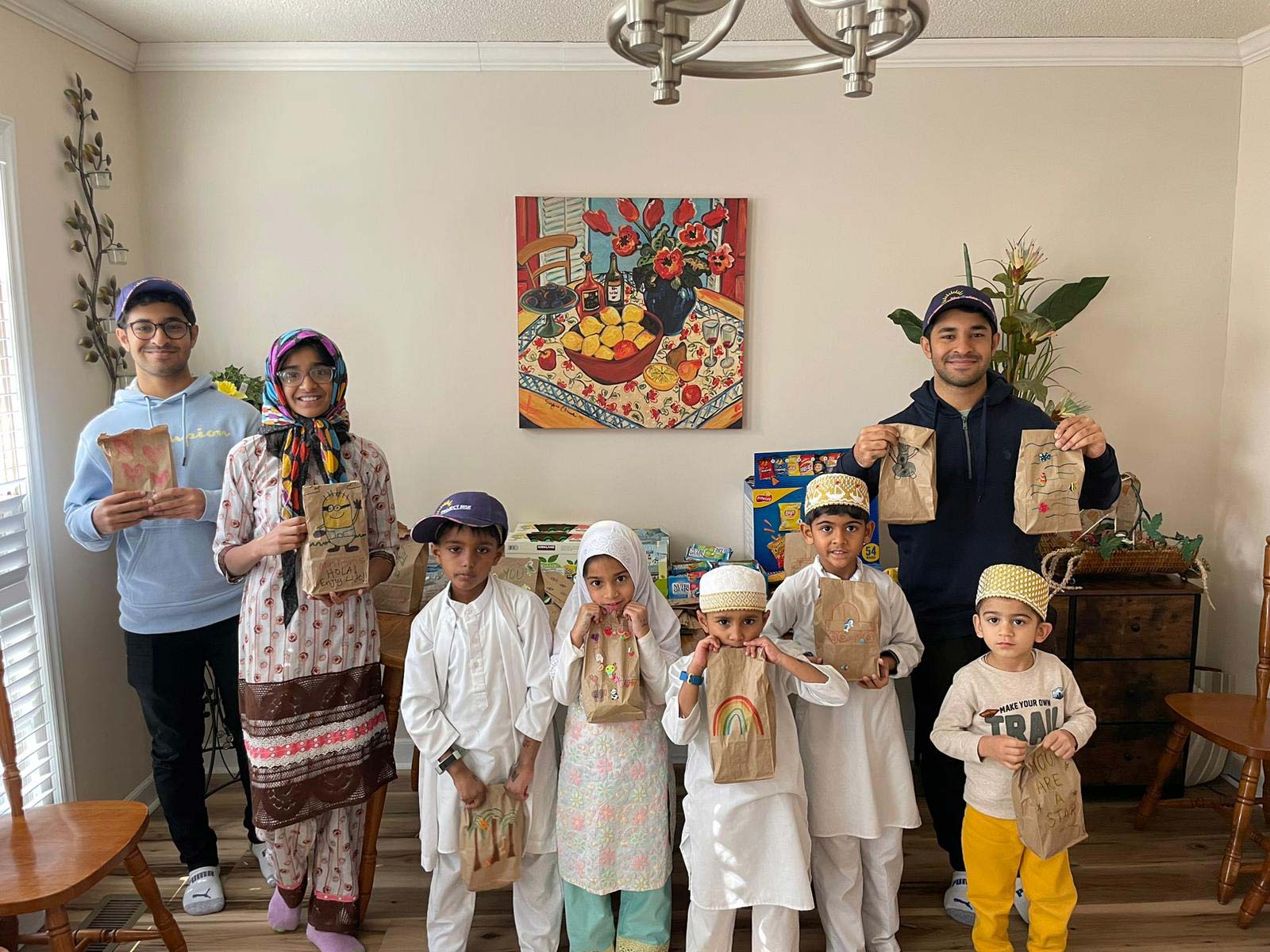
1445H / 2023
Volunteers organized a special event to give back to the local community. The goal was to help children...
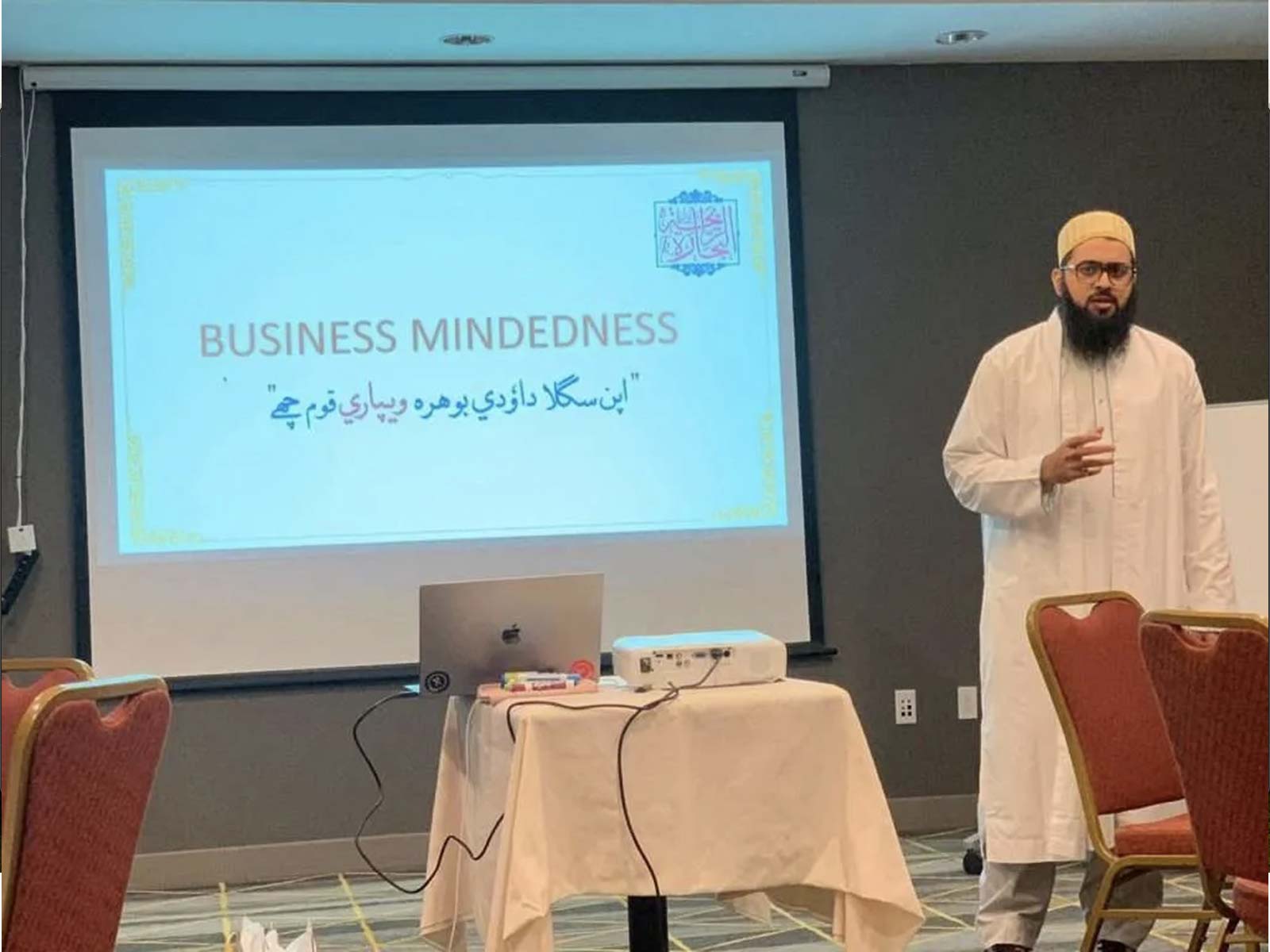
1444H / 2022
In late December 2022, a seminar and workshop on business practices and encouraging entrepreneurship was organized within the...
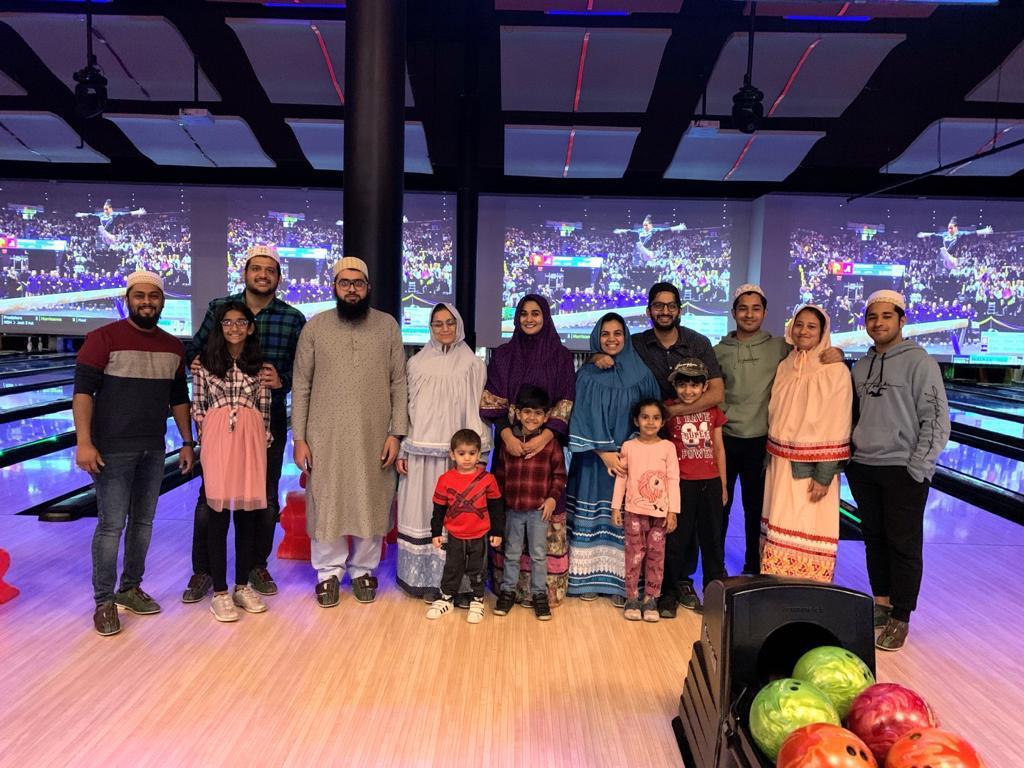
1444H / 2022
A fun bowling event was organized by Raleigh Jamaat youngsters. A total of 15 members participated in this...
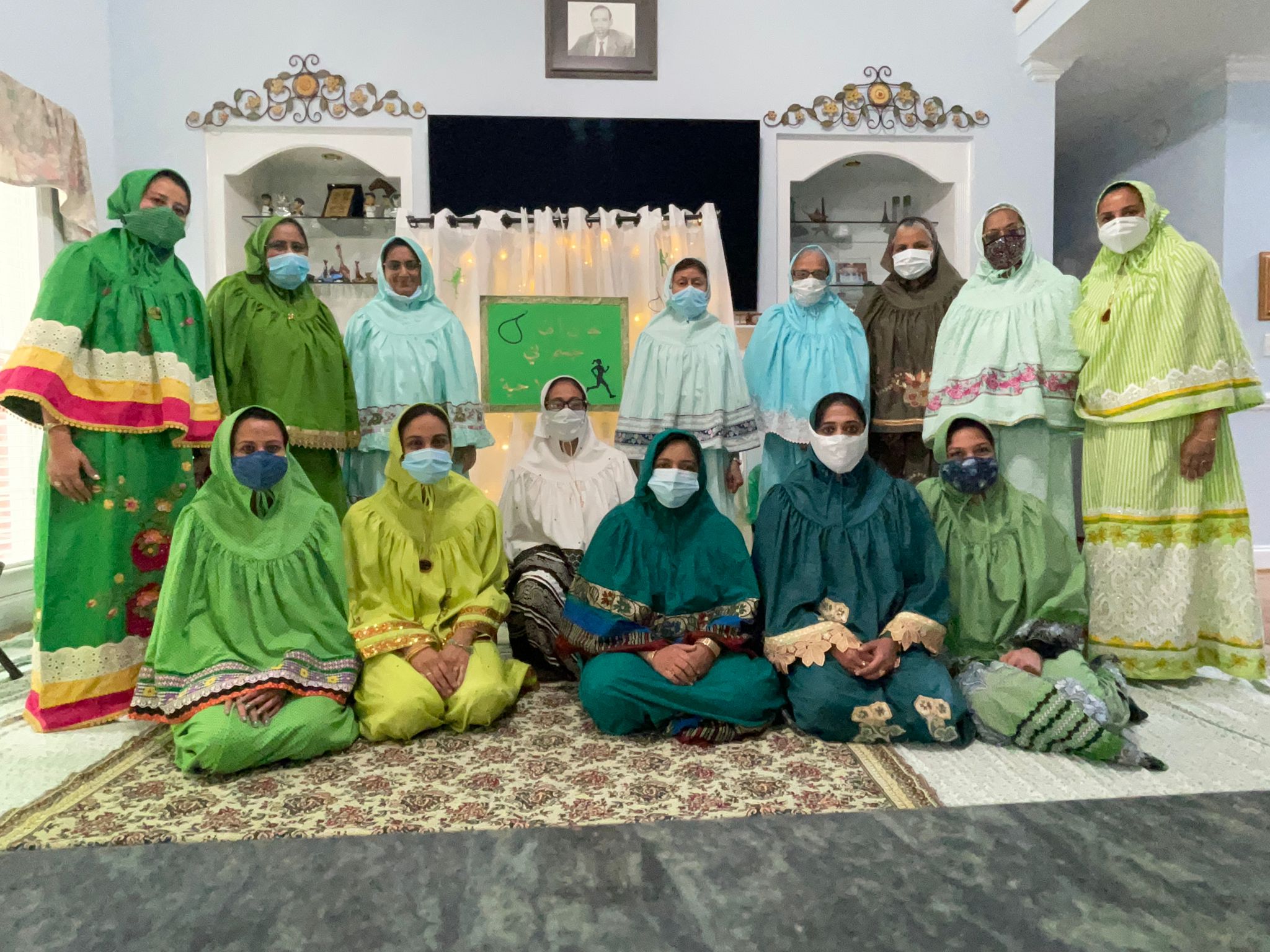
1444H / 2022
To mark International Women’s Day, guest writer Amena Matcheswala – a Senior at Athens Drive Magnet High School...